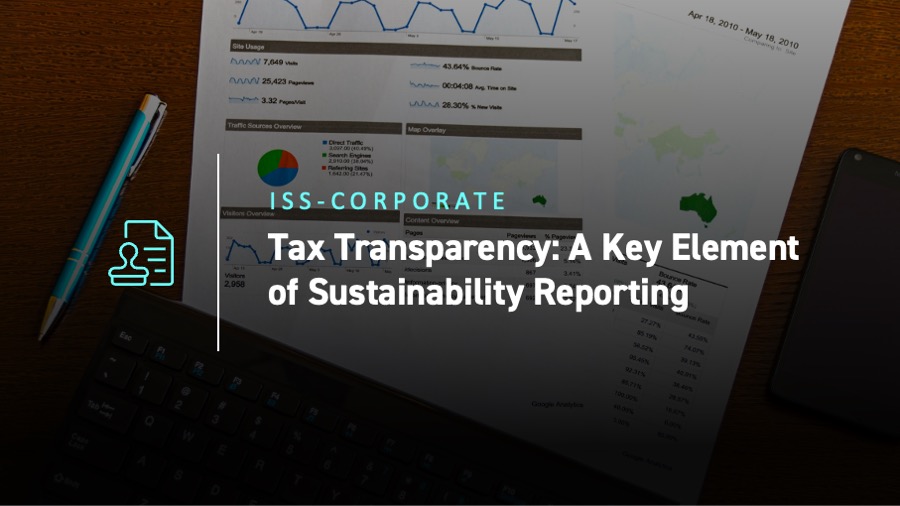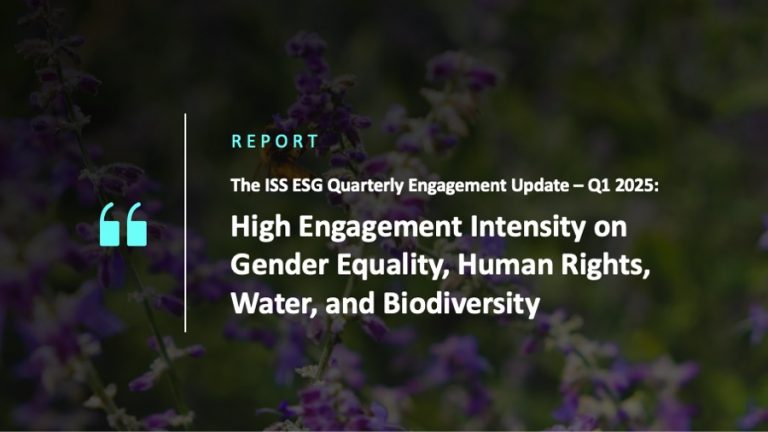Below is an excerpt from ISS-Corporate’s recently released article “Tax Transparency: A Key Element of Sustainability Reporting”. The full article is available on the ISS-Corporate online library.
The Role of Taxation in Corporate Sustainability
Taxation plays a vital role in achieving the UN Sustainable Development Goals (SDGs),[1] and serves as a key mechanism through which organizations contribute to society, public services, economic development, and social welfare in the countries that they operate in.
However, it is estimated that $240 billion are lost annually due to tax avoidance by multinational corporations.[2] Some multinational corporations are accused of exploiting gaps and mismatches in tax rules to artificially shift profits to low or no-tax locations where there is little or no economic activity or to erode tax bases through deductible payments such as interest or royalties (Base Erosion and Profit Shifting; BEPS).
Corporates are increasingly under pressure to demonstrate how their tax strategy and practices align with their stated sustainability visions and strategies. Over the years, several large U.S. companies have received shareholder proposals requesting for greater tax transparency, and we continue to see these types of proposals in 2024, signaling that the topic remains of interest to shareholders and other stakeholders.
[1] See Tax for SDG Initiative (https://www.taxforsdgs.org/); Taxation of SDGs (https://financing.desa.un.org/what-we-do/ECOSOC/tax-committee/thematic-areas/taxation-and-sdgs)
[2] OECD Inclusive Framework on Base Erosion and Profit Sharing (https://www.oecd.org/tax/beps/about/)
By: Miki Ollison, Sustainability Advisory Sector Manager, ISS-Corporate




